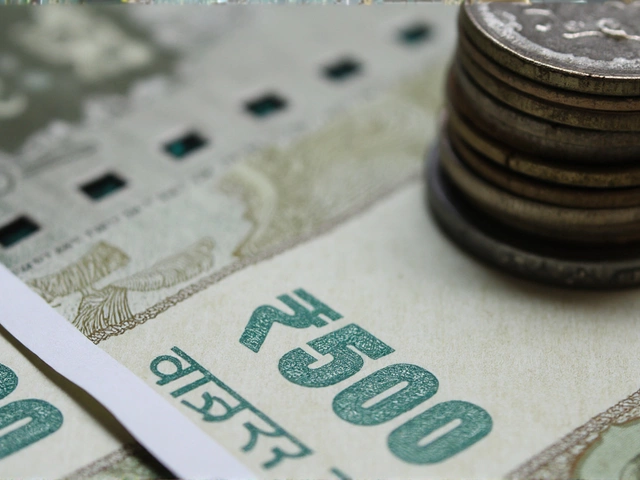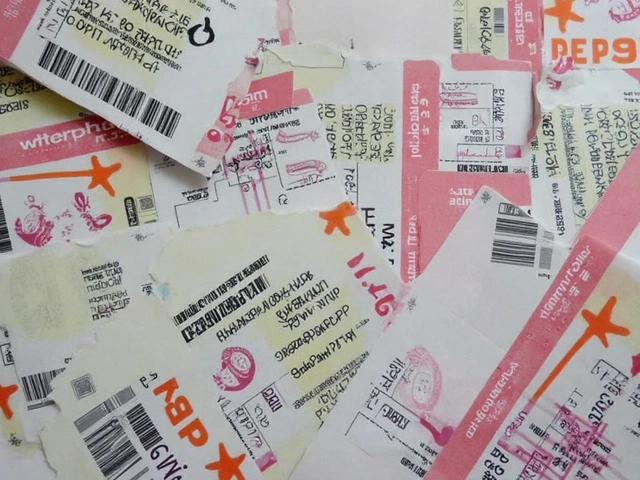Bonus Share Issue – Simple Guide for Everyday Investors
Ever heard a company say it’s issuing "bonus shares" and wondered what that means for you? In plain English, a bonus share issue is when a firm gives extra shares to existing shareholders for free. No cash leaves your pocket, but your total share count goes up. It sounds like a win‑win, but there are details that matter before you pop the champagne.
Why Companies Launch Bonus Shares
First off, why would a business hand out free stock? One big reason is to reward loyal shareholders without spending cash. When a company has accumulated profits that it hasn’t paid out as dividends, it can convert those reserves into additional shares. This boosts the share price perception – more shares, same market cap, so each share looks cheaper, which can attract new buyers.
Second, a bonus issue can improve the stock’s liquidity. More shares floating in the market means it’s easier for people to buy and sell without moving the price too much. Traders like that because it reduces the bid‑ask spread. Finally, some firms use bonus shares to signal confidence. If management believes the business is strong enough to grow the share base, they’ll often announce a bonus issue to show they’re not scared of diluting value.
How Bonus Shares Affect Your Investment
When you get bonus shares, the total number of shares you own increases in proportion to the ratio announced—say, a 1:2 issue means you get one extra share for every two you already hold. Your overall ownership percentage stays the same because everyone else gets the same deal.
The immediate effect on the stock price is usually a proportional drop. If the market cap doesn’t change, splitting the same value into more pieces makes each piece cheaper. For example, a share priced at ₹100 before a 1:1 bonus issue might open around ₹50 after the issue. Your portfolio value stays roughly the same, but you now have twice as many shares at half the price.
Long‑term, bonus shares can be a good thing if the company keeps growing. More shares mean a larger base for future earnings, potentially leading to higher total returns. However, watch out for companies that issue bonus shares just to hide weak fundamentals. If the business isn’t improving, the extra shares won’t add real value.
Tax-wise, bonus shares are generally treated like any other share acquisition. In many jurisdictions, you don’t pay tax when you receive them, but you may owe capital gains tax when you sell, based on the original purchase price spread over the increased share count. Check your local rules to be sure.
In practice, you don’t need to do anything to claim bonus shares—they’re automatically credited to your demat account on the record date. Keep an eye on the company’s announcement for the exact ratio and the date when the shares will appear in your portfolio.
To sum up, a bonus share issue is a free top‑up that keeps your ownership slice steady while increasing the total number of shares you hold. It can make the stock more affordable, boost liquidity, and signal confidence, but it isn’t a guaranteed profit booster. Treat it like any other corporate action—read the fine print, watch the post‑issue price movement, and decide if the company’s outlook still matches your investment goals.
RIR Power Electronics Sets July 11, 2025 for 1:1 Bonus Share Issue, Doubling Shareholder Holdings
RIR Power Electronics is rolling out a 1:1 bonus share issue with July 11, 2025, as the key record date. Shareholders on record that day will see their holdings double automatically, following a similar move made nearly three decades ago. This step aims to reward loyalty and make trading the stock easier.



